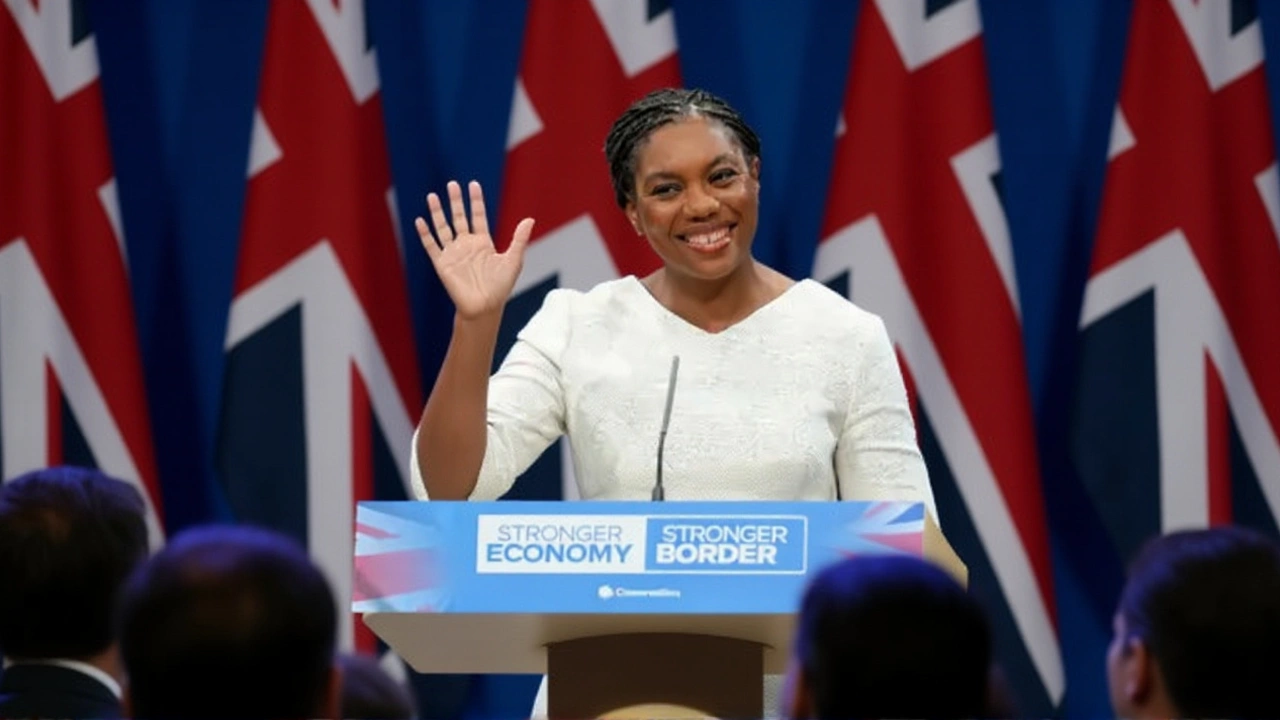When AstraZeneca Plc disclosed its “triple‑listing” plan on 29 September 2025, market watchers in London, New York and Stockholm were instantly on alert.
The British‑Swedish drugmaker said it would harmonise share trading across three exchanges – the New York Stock Exchange (NYE), the London Stock Exchange (LSE) and Nasdaq Stockholm. The crux? Depositary Interests (DIs) that sit on the NYE would be exempt from the United Kingdom’s 0.5 % stamp‑duty reserve tax, a move that Treasury officials estimate will shave roughly £200 million off annual revenue.
Why the move matters
At a market capitalisation of £172 billion (about $231 billion at today’s rates), AstraZeneca sits in the top ten of the FTSE 100 Index. Retaining that slot means passive funds that track the index – for example BlackRock’s iShares Core FTSE 100 UCITS ETF – continue to hold the shares automatically. But the real payoff is expected to come from U.S. institutional money, which historically favours the liquidity of NYE‑listed securities.
How the new structure works
Depositary Interests are essentially wrappers issued by a depositary bank that represent ownership of foreign‑company shares. In this case, investors buying the DI on the NYE will own a claim on the underlying AstraZeneca stock without physically holding the London‑listed certificate. Because the DI is technically a foreign‑security, the UK stamp‑duty reserve tax – which normally hits every share purchase on the LSE – does not apply.
The plan still requires green lights from three regulators: the U.S. Securities and Exchange Commission, the Financial Conduct Authority and Sweden’s Finansinspektionen. All three have signalled that they will review the proposal within the next few months, a timeline that historically stretches between six and twelve months before a structural change can be implemented.

Financial impact on the UK Treasury
According to the Financial Times, the exemption will create a £200 million shortfall for His Majesty's Treasury. That loss represents roughly 2.44 % of the £8.2 billion total stamp‑duty and reserve‑tax haul recorded in the 2024‑2025 fiscal year. While the figure sounds dramatic, Treasury analysts note that the broader budget impact is modest – the hole can be offset by modest adjustments elsewhere, but it does highlight the erosion of the UK’s primary‑listing appeal.
Reactions from investors and regulators
Large U.S. asset managers such as BlackRock Inc. and Vanguard Group welcomed the move, citing the “greater accessibility for American institutional investors”. A senior analyst at J.P. Morgan Chase & Co. told Bloomberg that the structure “offers a tidy way to tap the deep U.S. pool without fully abandoning the London base”.
Critics, however, argue that the maneuver underlines how “feeble Britain’s fundraising ability has become”, a line lifted straight from a Bloomberg Opinion column. The piece warned that if the LSE’s role shrinks to merely a price‑discovery venue for a handful of dual‑listed giants, the market could become a “secondary playground” for a few multinational behemoths.

What this signals for London’s listing market
Since the United Kingdom’s departure from the EU on 31 January 2020, the LSE has seen a gradual decline in fresh primary listings. As of September 2025, the total market capitalisation of the FTSE 100 sits around £2 trillion, with AstraZeneca alone accounting for about 8.6 % of that value. The company’s decision to keep its FTSE 100 slot while effectively becoming a U.S.‑listed entity could set a template for other large British firms seeking to broaden their investor base without shedding their home‑market identity.
In practice, the “triple‑listing” could encourage a wave of similar arrangements, especially among firms that already have a sizable global footprint and a dual‑headquarters set‑up. Yet regulators in London remain cautious; the FCA has hinted that any future exemptions to stamp‑duty will be examined on a case‑by‑case basis to prevent a race‑to‑the‑bottom.
For now, AstraZeneca’s shareholders get a taste of the “nifty financial acrobatics” Bloomberg described, while the UK Treasury watches the £200 million hole grow – a reminder that even the world’s biggest drugmakers can reshape the rules of the game with a well‑timed filing.
Frequently Asked Questions
How will the DI exemption affect UK investors?
UK investors who continue to buy shares on the London Stock Exchange will still pay the usual 0.5 % stamp‑duty. The exemption only applies to Depositary Interests traded on the New York Stock Exchange, so the tax impact is limited to those who switch to the DI format.
What timeline can we expect for the new structure to be live?
Regulatory approvals from the SEC, FCA and Finansinspektionen usually take between six and twelve months. Industry insiders predict the first DI trades could appear on the NYE by mid‑2026, assuming no major hurdles.
Will AstraZeneca’s FTSE 100 inclusion change?
No. The company confirmed it will remain a constituent of the FTSE 100, meaning index‑tracking funds will continue to hold the stock automatically. The dual‑listing simply adds a new route for investors outside the UK.
Why does the UK Treasury care about a £200 million loss?
Stamp‑duty and its reserve tax generate about £8.2 billion a year for the Treasury. A £200 million shortfall is roughly 2.5 % of that pool, enough to be noticeable in the budget but not large enough to destabilise public finances. Nonetheless, it signals a potential trend of revenue erosion as more firms seek offshore listing benefits.
Could other UK giants follow AstraZeneca’s example?
Analysts say yes. Companies with strong global brands and dual‑headquarters, such as multinational oil and telecom firms, may view the DI route as a low‑cost way to access U.S. capital without surrendering London‑based listing status.
